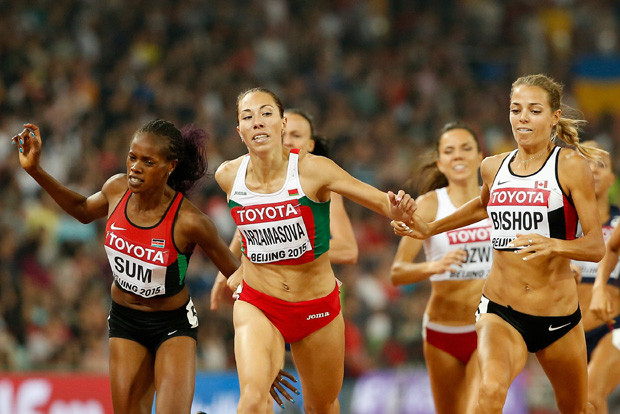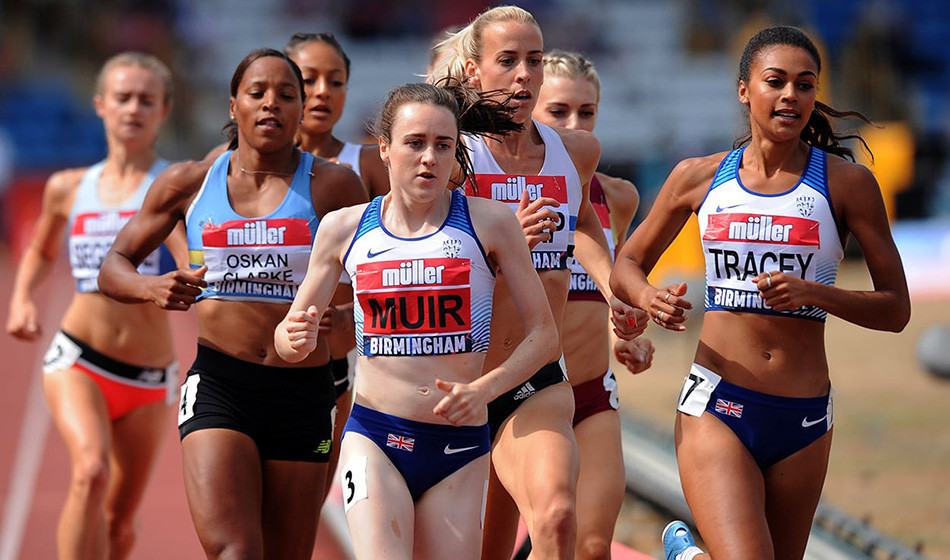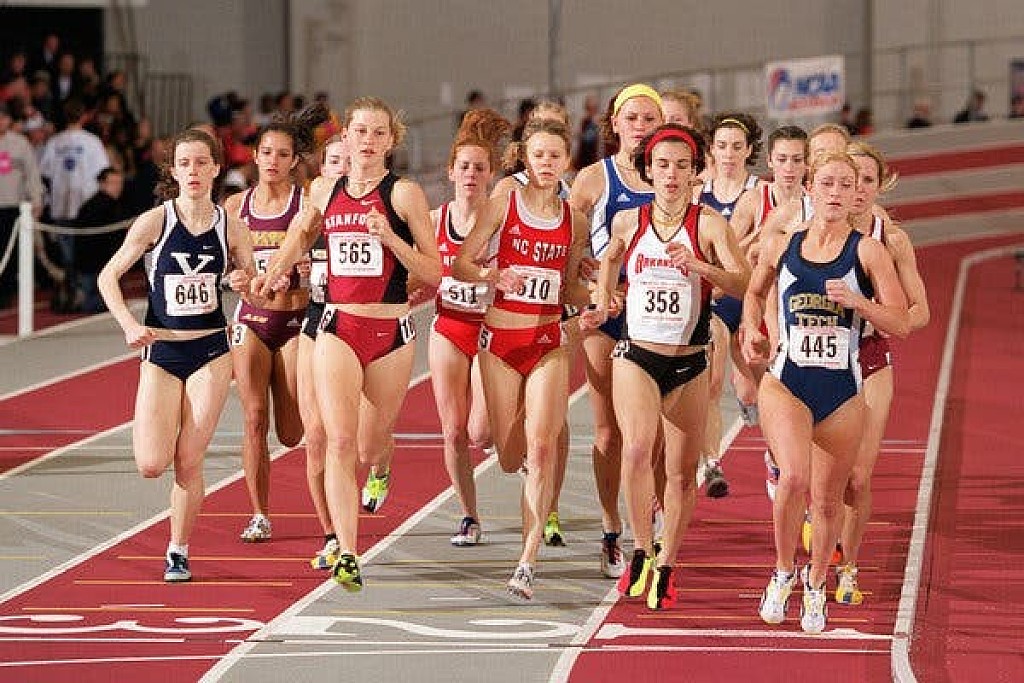Running News Daily
Running News Daily is edited by Bob Anderson. Send your news items to bob@mybestruns.com Advertising opportunities available. Train the Kenyan Way at KATA Kenya and Portugal owned and operated by Bob Anderson. Be sure to catch our movie A Long Run the movie KATA Running Camps and KATA Potato Farms - 31 now open in Kenya! https://kata.ke/
Index to Daily Posts · Sign Up For Updates · Run The World Feed
Study finds more women blood doping than men in endurance track events
The biological passport was introduced to elite track and field in 2011 to catch cheaters by monitoring changes in their blood samples (which can catch blood doping). Blood doping is the practice of boosting red blood cells for improved athletic performance.
A research article in Frontiers in Physiology looked at a total of 3,683 blood samples from the 2011 and 2013 World Championships and analyzed the data on athletes from 209 countries. The study’s findings are shocking, and show that while some countries are playing by the rules, other aren’t.

More women than men were found to have blood doped at the 2011 World Championships. They found 22 per cent of dopers were female and 15 per cent were male.

There wasn’t much of a change in blood doping prevalence from 2011 to 2013. Researchers found an overall blood doping prevalence of 18 per cent in 2011 and 15 per cent in 2013 (both data sets are from the World Championships).
Blood doping accounted for significantly fewer infractions when compared to generalized doping practices in endurance runners. While blood doping came in at an 18 per cent overall prevalence rate, doping in general was 44 per cent–a shockingly high statistic.
There are massive discrepancies between countries. This means that some countries are playing within the rules and others aren’t even making an effort. While the section that compared nations’ rates of doping doesn’t identify these countries by name, it’s clear that elite sport is far from a level playing field. Some nations had a completely clean card, with none of their athletes showing blood doping on their biological passport, while other countries were hitting numbers as high at 74 per cent showing infractions.
This was the first study of its kind on blood doping and will hopefully help NSOs (national sporting organizations) and anti-doping agencies catch and prevent future cheaters.
by Madeleine Kelly
Login to leave a comment




